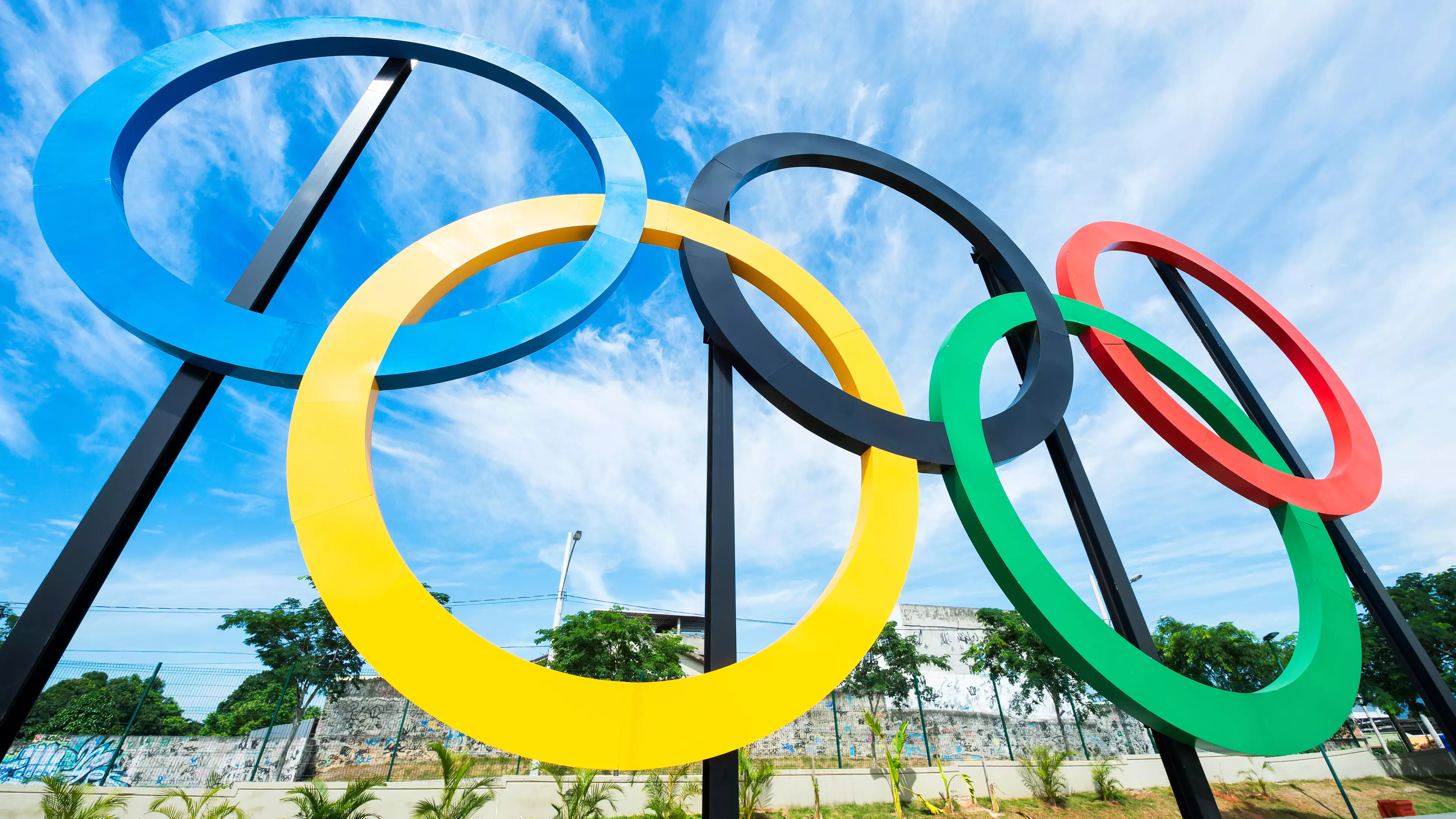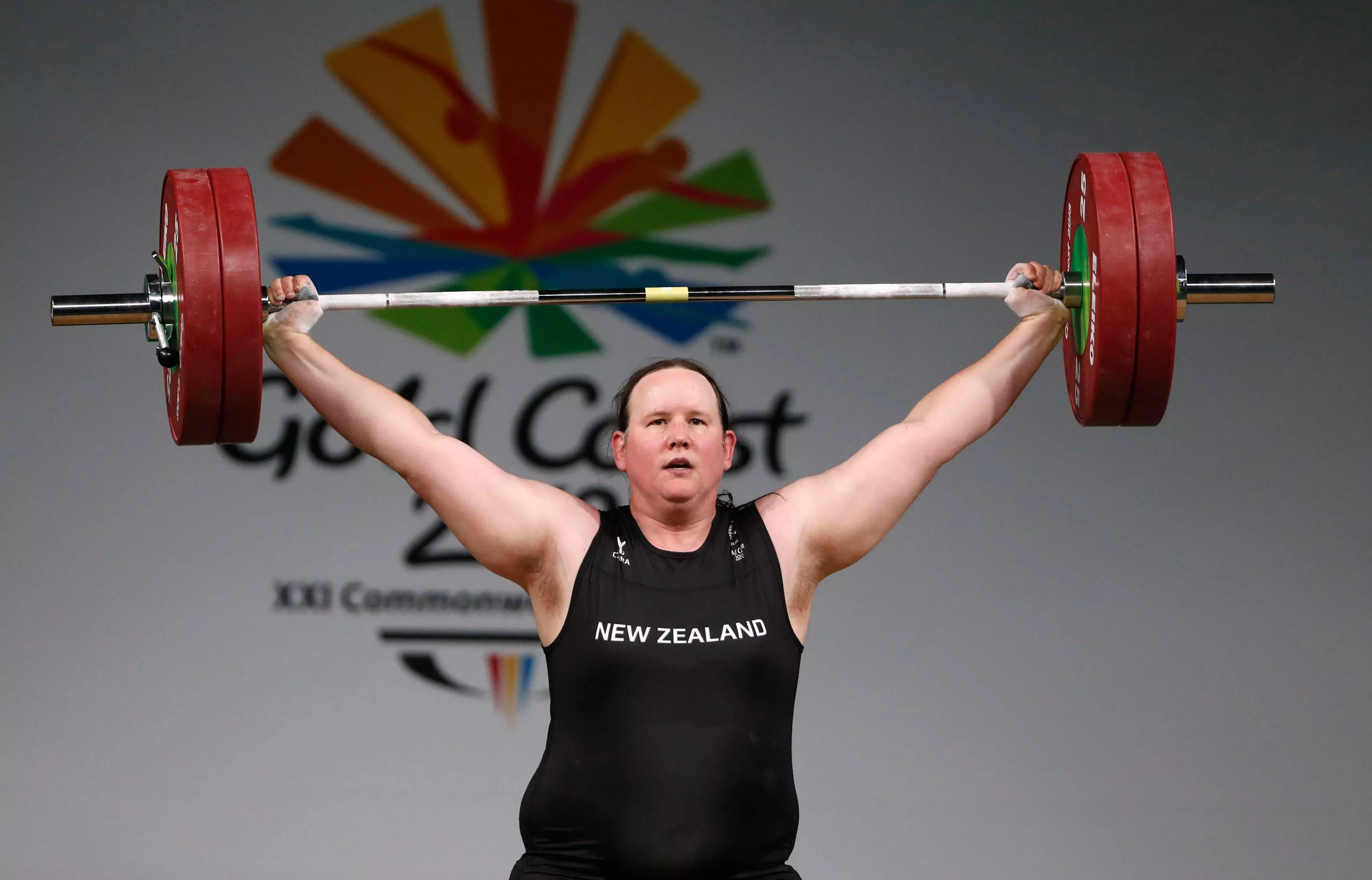
The International Olympic Committee (IOC) has unveiled new competition criteria for intersex and transgender athletes set to come into play after the 2022 Winter Games in Beijing.
The Games' governing body will move away from its focus on an individual's testosterone levels to determine eligibility and will instead pivot towards determining whether trans athletes possess a genuine competitive advantage.
It's understood the new guidelines are in place to drive inclusion regardless of gender identity.
Advert
"Every athlete has the right to practice sport without discrimination and in a way that respects their health, safety and dignity," the new policy says.

"At the same time the credibility of competitive sport - and particularly high-level sporting competitions - relies on a level playing field where no athlete has an unfair or disproportionate advantage over the rest."
Under the old rules that were brought in in 2015, trans and intersex athletes had to register a testosterone level below the required threshold in order to compete.
Advert
However, the new directives will now place an emphasis on the individual sporting codes to devise their own rules around eligibility and testosterone assessments will be taken out of the equation altogether.
"The IOC seeks to promote a safe and welcoming environment for everyone involved in elite-level competition," the governing body says.
"It must be within the remit of each sport and its governing body to determine how an athlete may be at a disproportionate advantage compared with their peers."
New Zealand's Laurel Hubbard and Canada's Quinn made history went they entered the 2020 Tokyo Games as the first trans athletes in Olympic history.
Both athletes being a part of the highest level of sporting competition was heralded as a massive step forward.
Advert
However, after the Games concluded, a landmark report was released and explained how changes might need to be made in individual sports if they want to allow trans women.
The Sports Councils Equality Group (SCEG), which covers UK Sport, Sport England, Sport Wales, Sport Scotland and Sport Northern Ireland, released its findings after an 18-month investigation.
It ruled that trans athletes, fairness and safety cannot 'co-exist in a single competitive model'.
SCEG recommended introducing an 'open' category at competitions up to the national level for trans athletes to compete in instead of male or female.
Advert
Their guidance only covered community-level sport and doesn't apply to international, professional or elite sport.
Featured Image Credit: Alamy